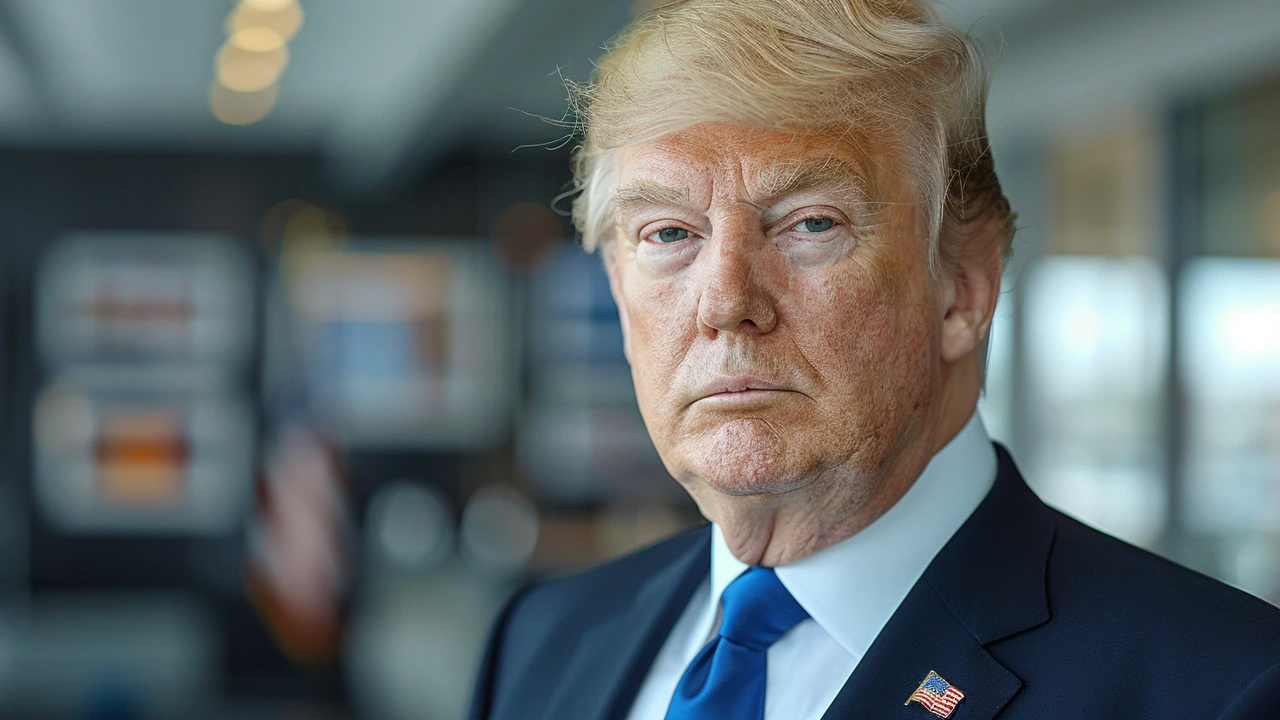Everything You Should Know About the 2016 Election
The 2016 election marked a critical turning point in South Africa's political landscape. Voters showed clear signs of shifting loyalties, which caught many by surprise. But why did this happen, and what does it mean for the country's future?
First, the election saw increased participation from communities that had been less engaged in the past. This change influenced the turnout and affected the overall results in unexpected ways. Politicians had to rethink their strategies to connect with these new voter groups.
Understanding Voter Behavior in 2016
One notable trend was voters prioritizing local issues over national rhetoric. People wanted candidates who could address everyday concerns like service delivery, safety, and employment. This shift made the election more competitive, challenging the dominance of major parties.
Additionally, the 2016 election exposed cracks in traditional party loyalties. Several smaller parties gained ground by focusing on community-driven agendas and transparency. This development encouraged greater political diversity and voter choice.
Why the 2016 Election Still Matters
The consequences of the 2016 election continue to influence South African politics today. It forced political leaders to listen closer to the public’s demands and pushed governments to improve accountability. By analyzing the results, we get a clearer picture of the country's evolving democracy.
Want to keep track of how South Africa's politics are shaping up? Understanding the 2016 election is a must. It shows how engaged voters can challenge the status quo and drive change in meaningful ways. Stay tuned to Cape Sun News for the latest updates and in-depth analysis of the country's political shifts.
Donald Trump Found Guilty on 34 Counts in Hush-Money Scandal
A New York jury convicted Donald Trump on 34 counts of falsifying business records linked to a hush-money payment to Stormy Daniels. This historic verdict marks Trump as the first former US president convicted of crimes. The trial showcased a broader scheme aiming to influence the 2016 election, creating significant legal and political hurdles for Trump's 2024 presidential bid.

